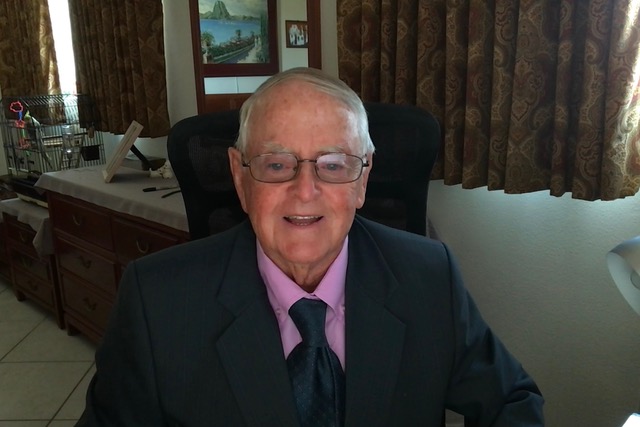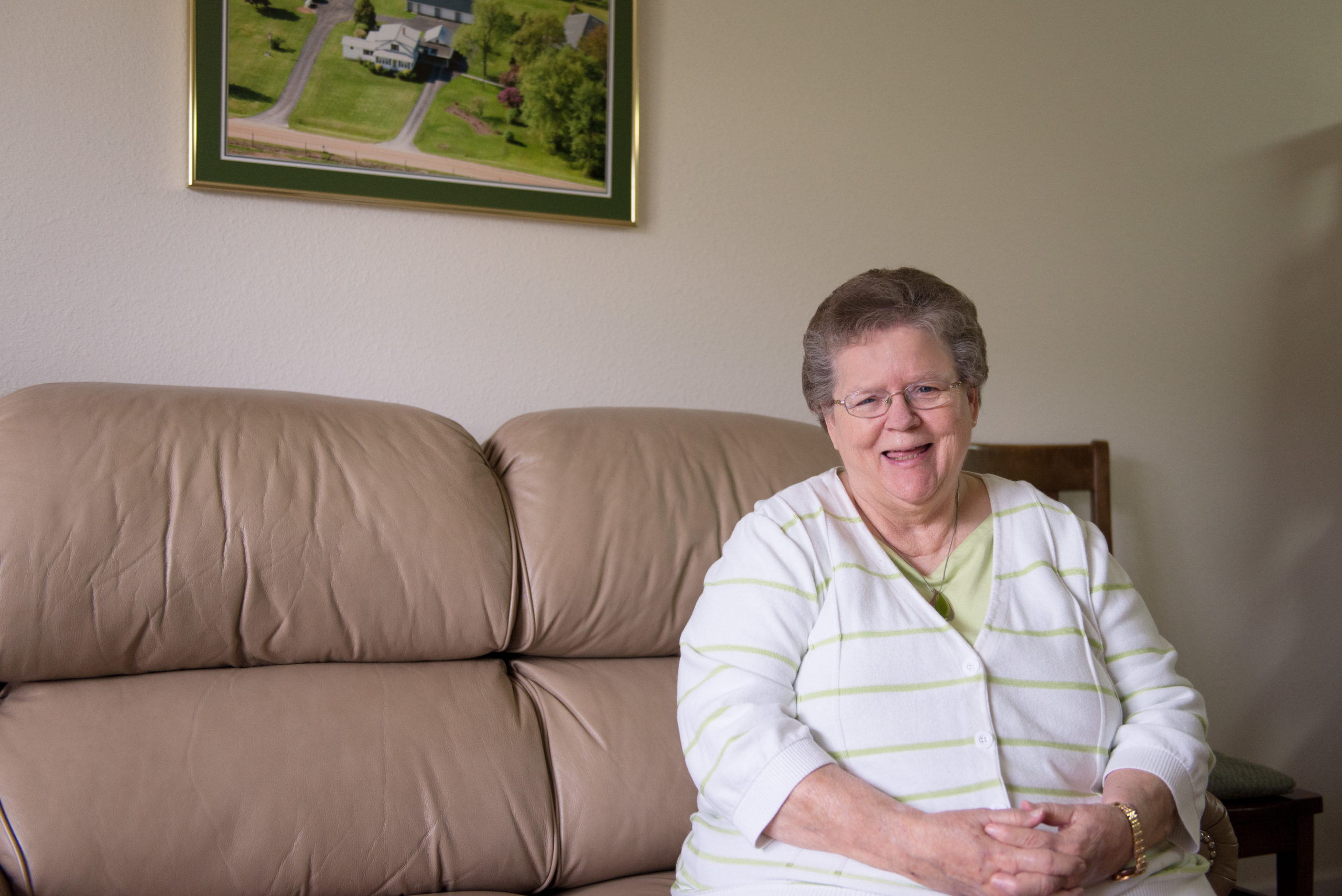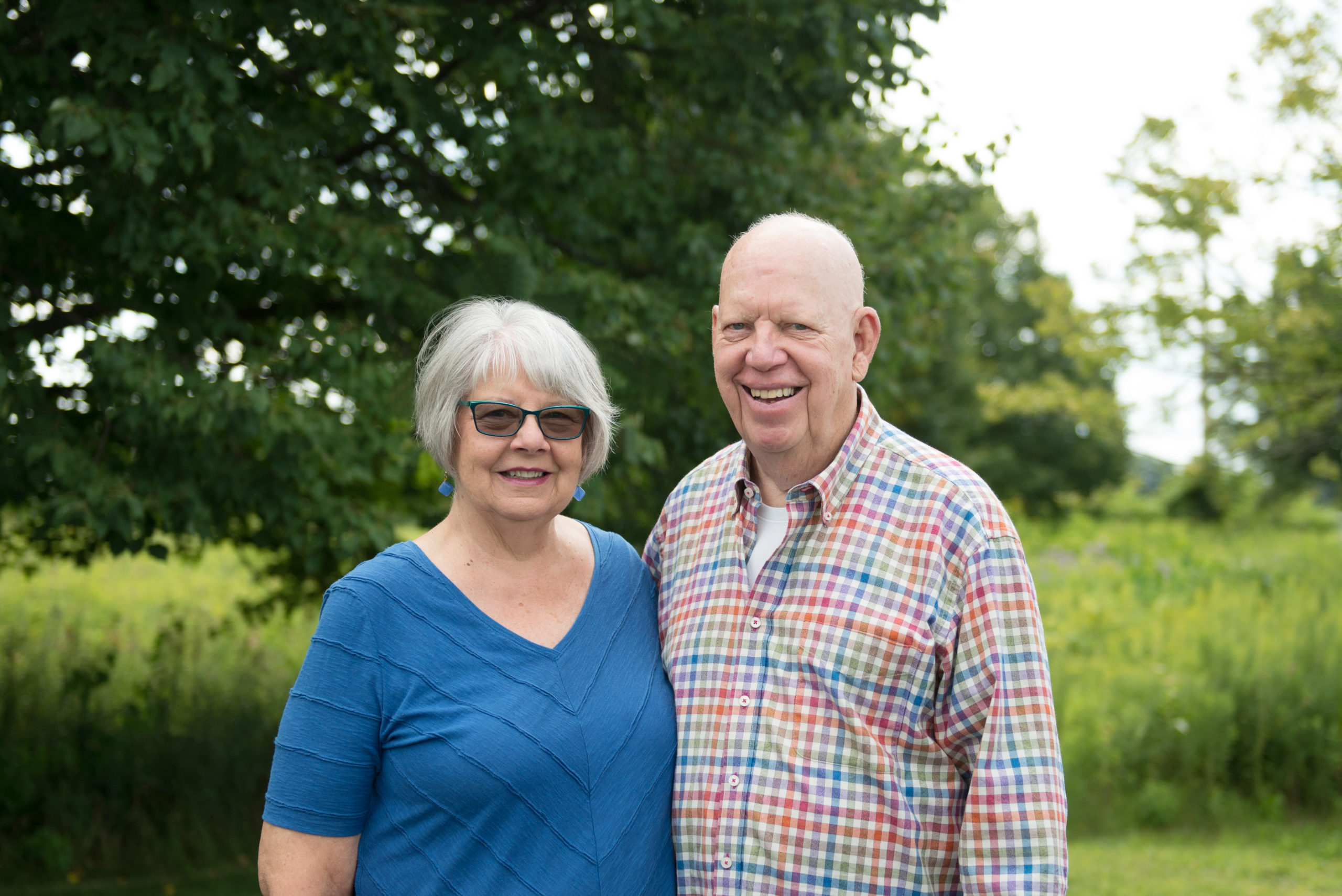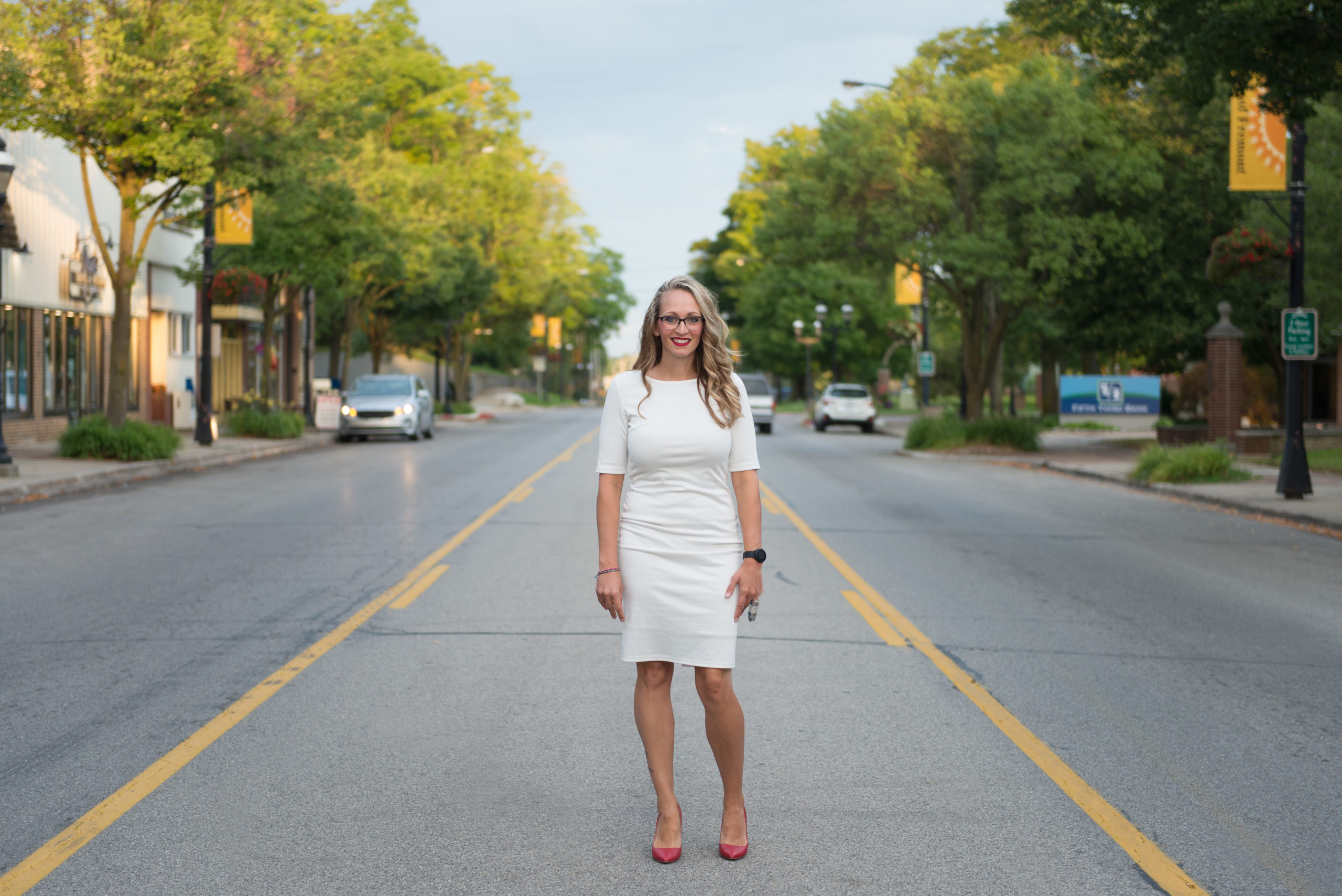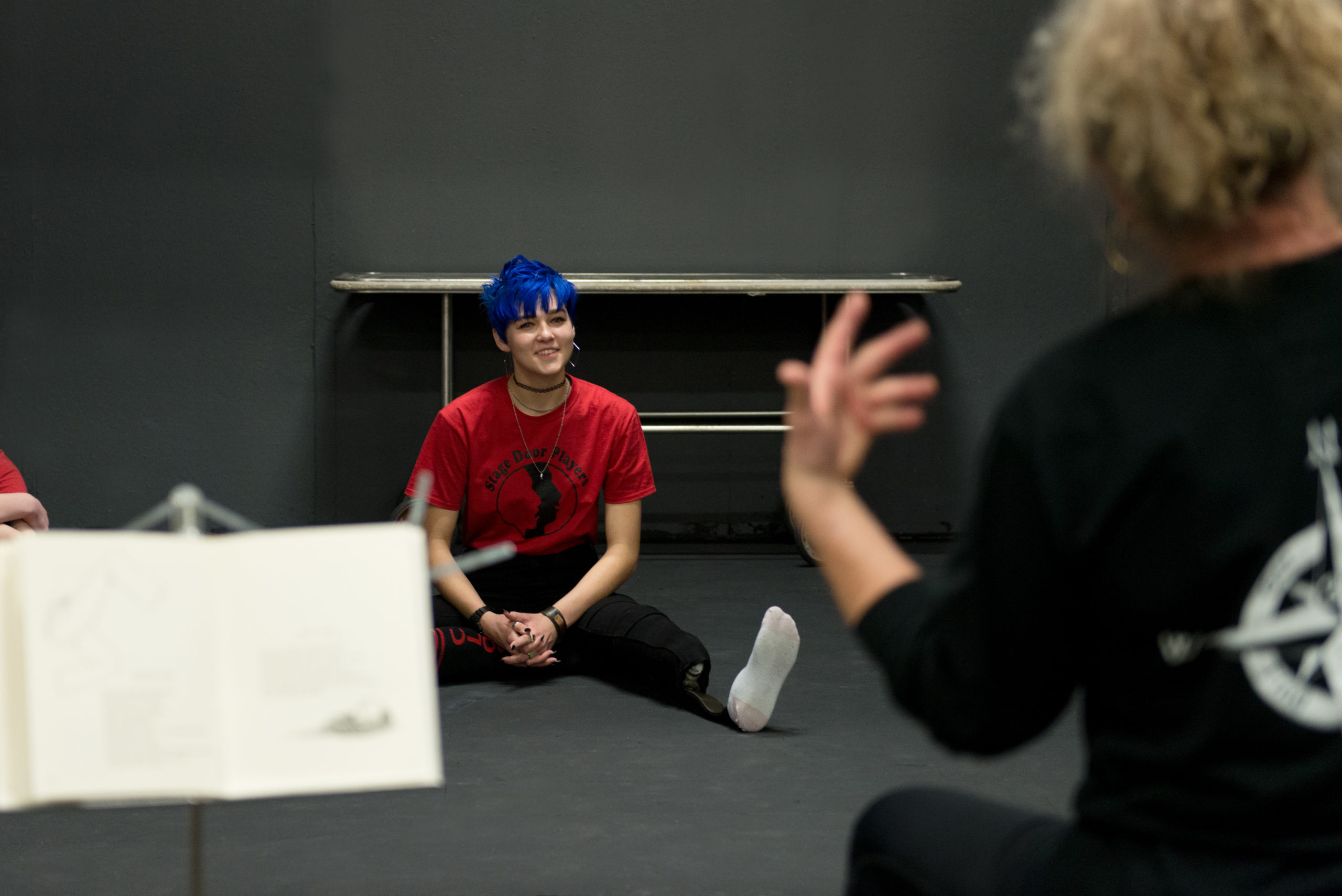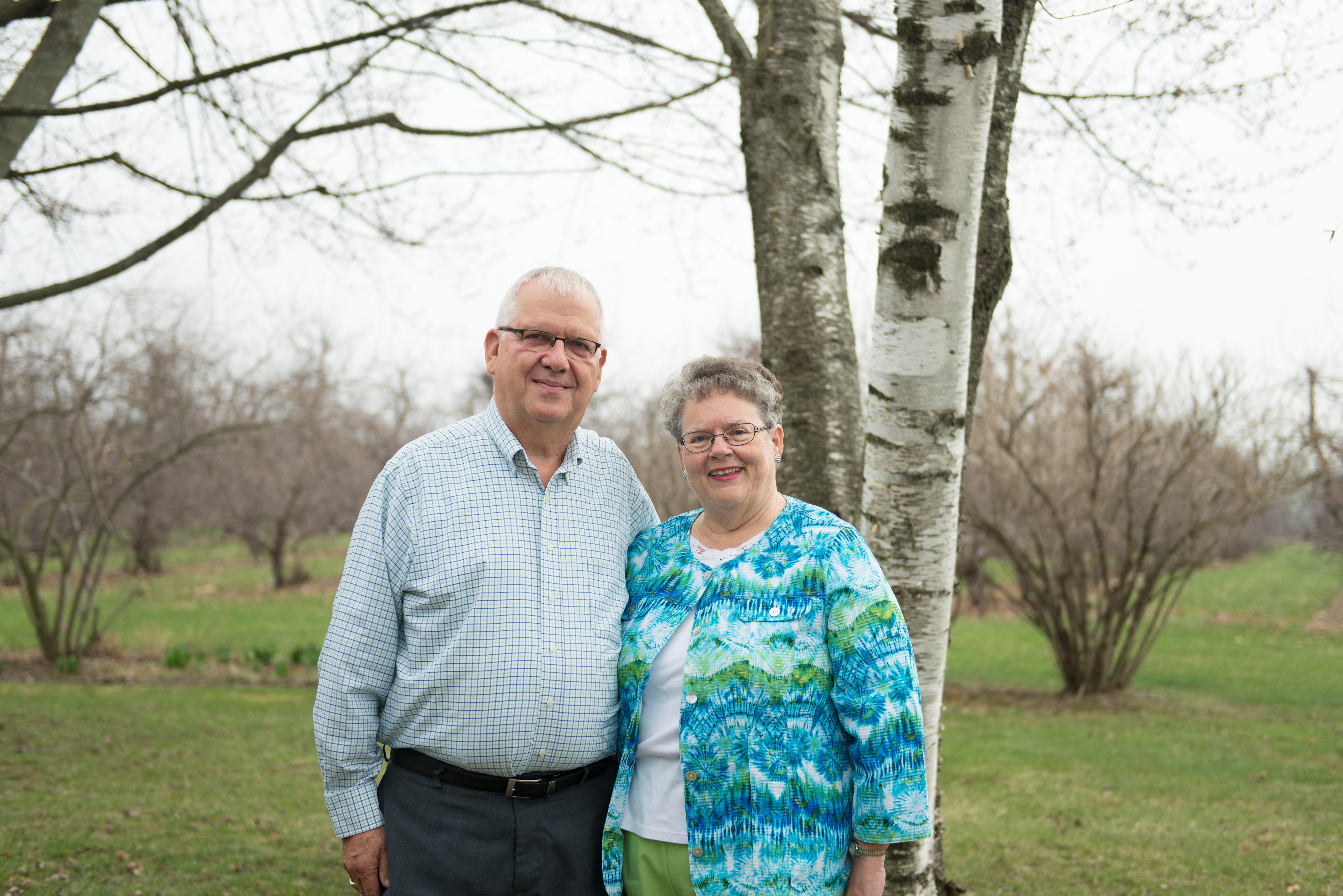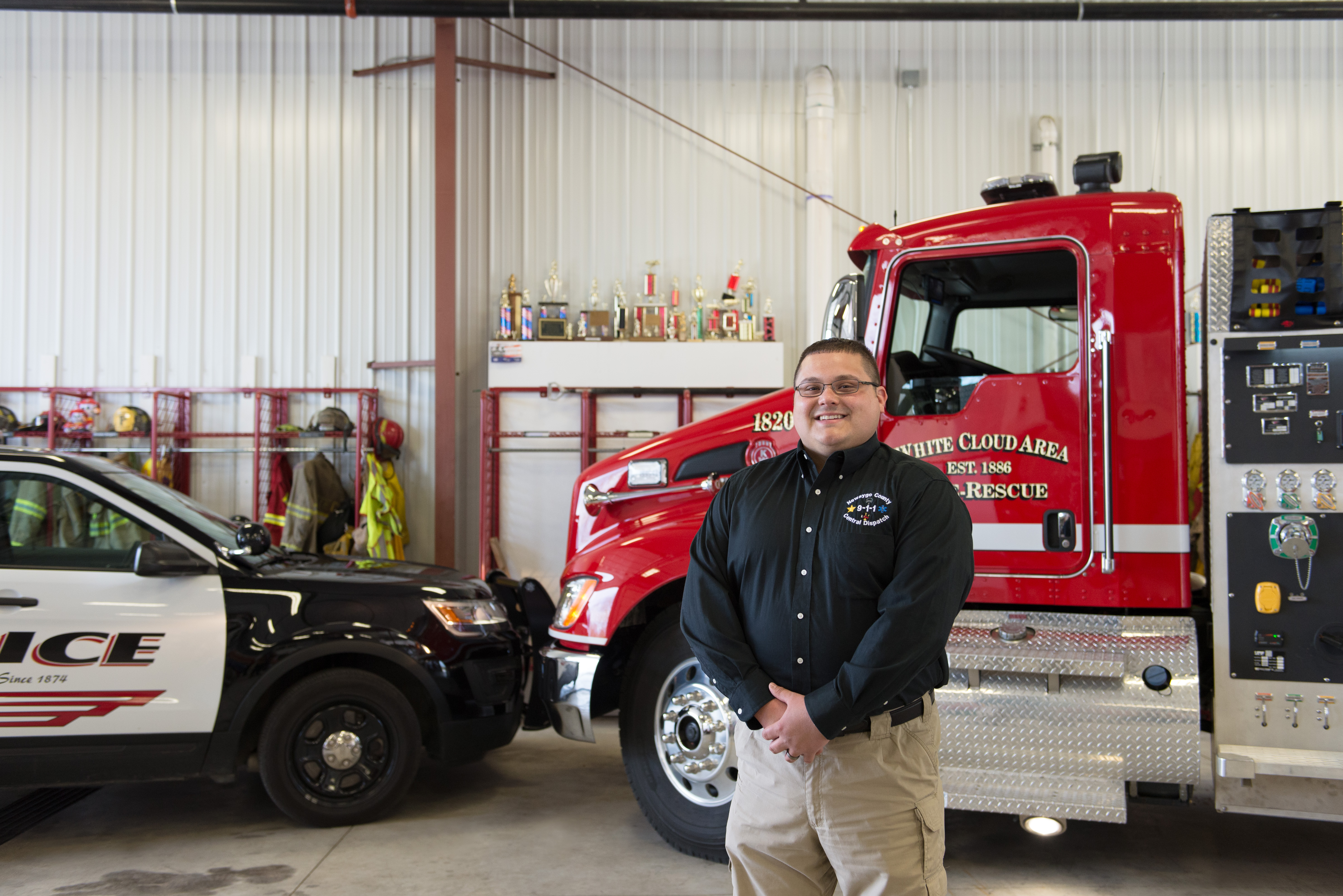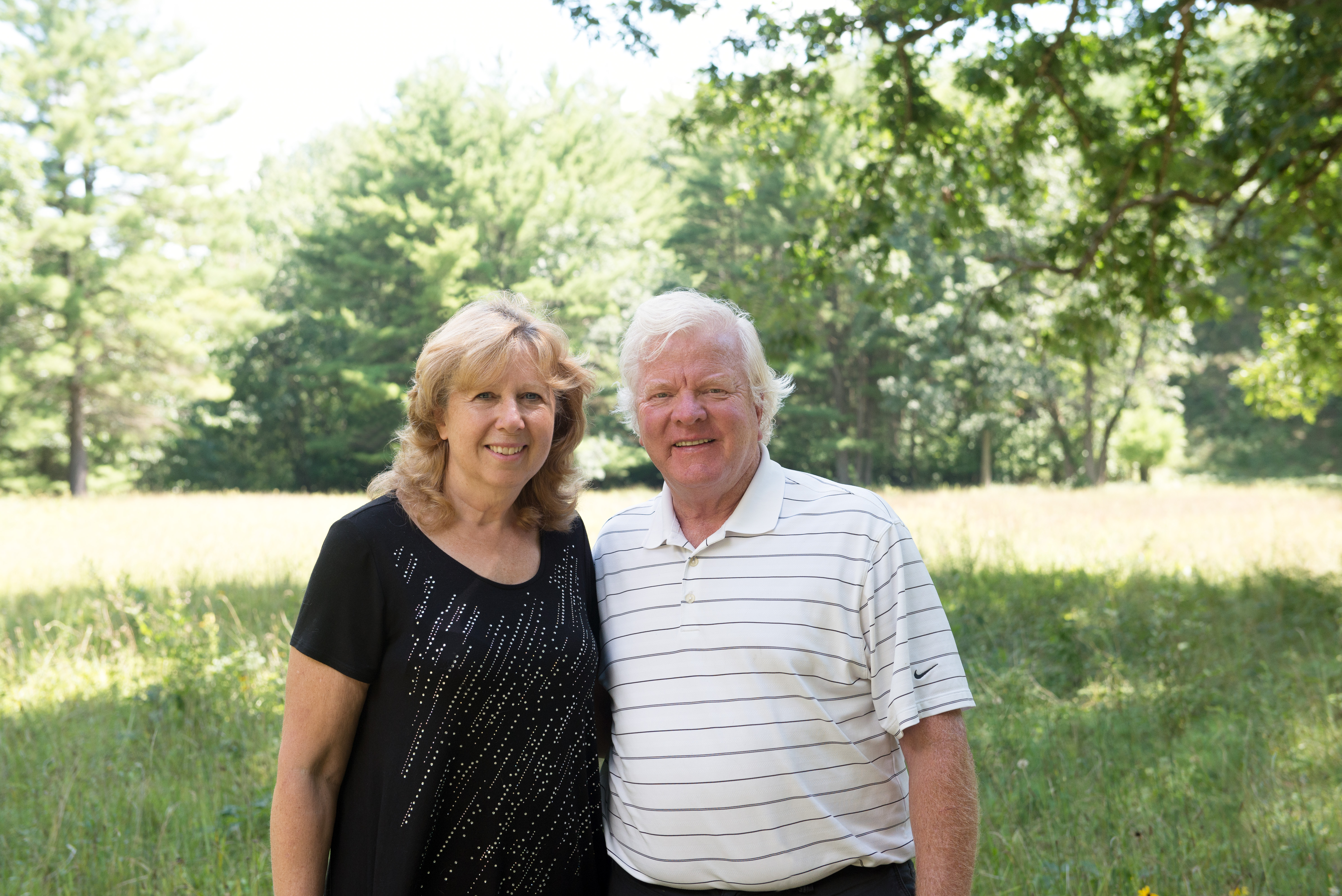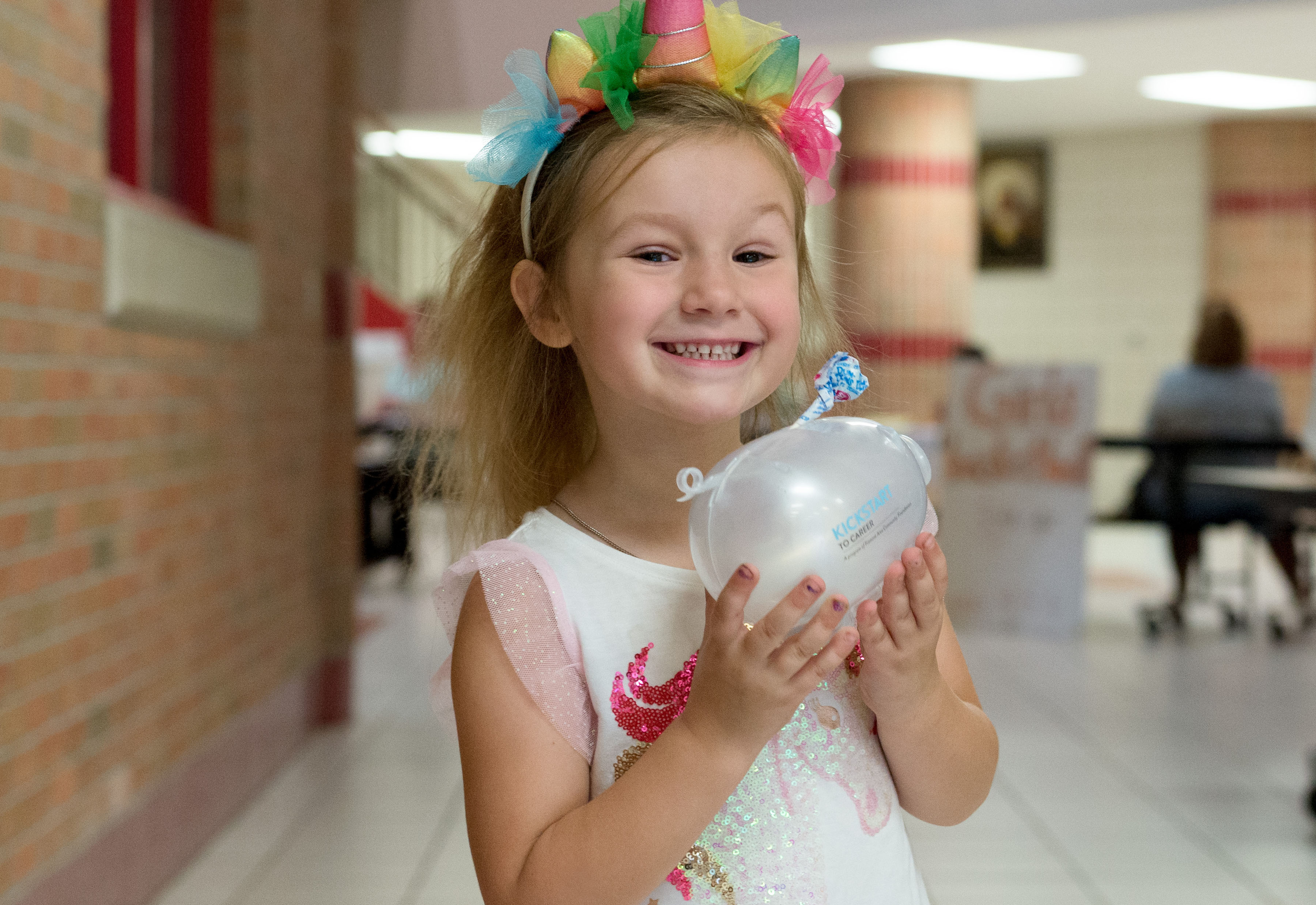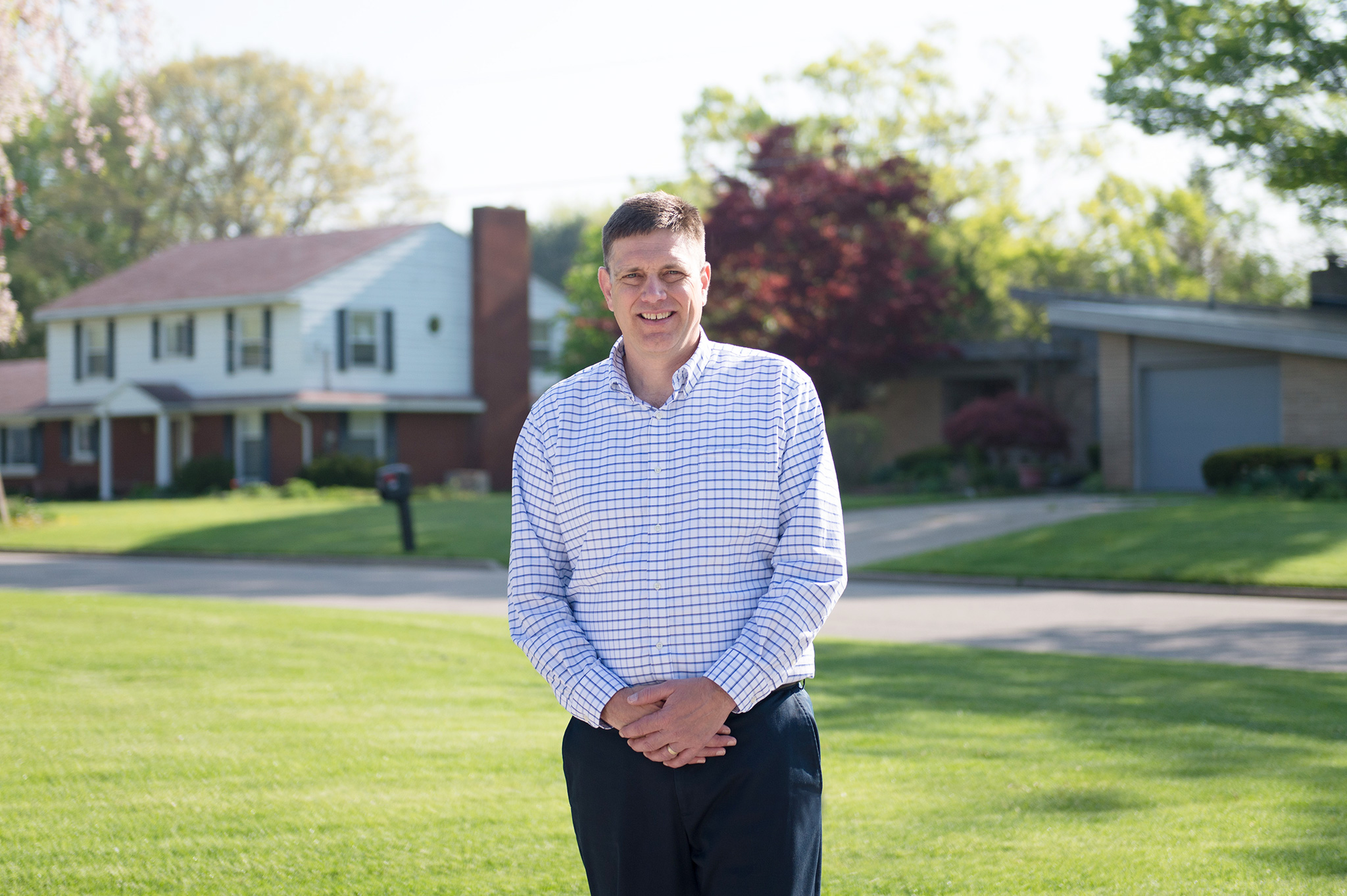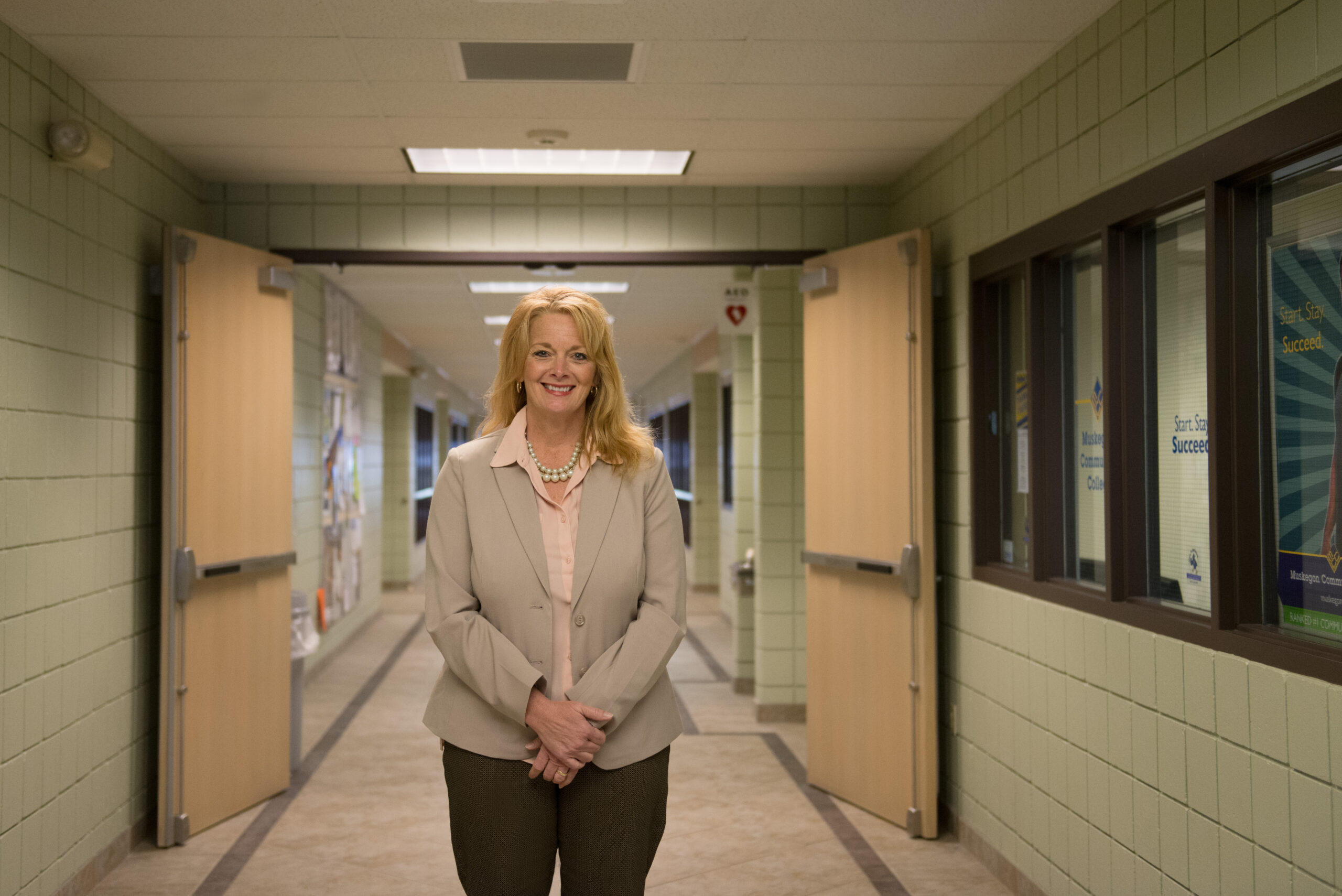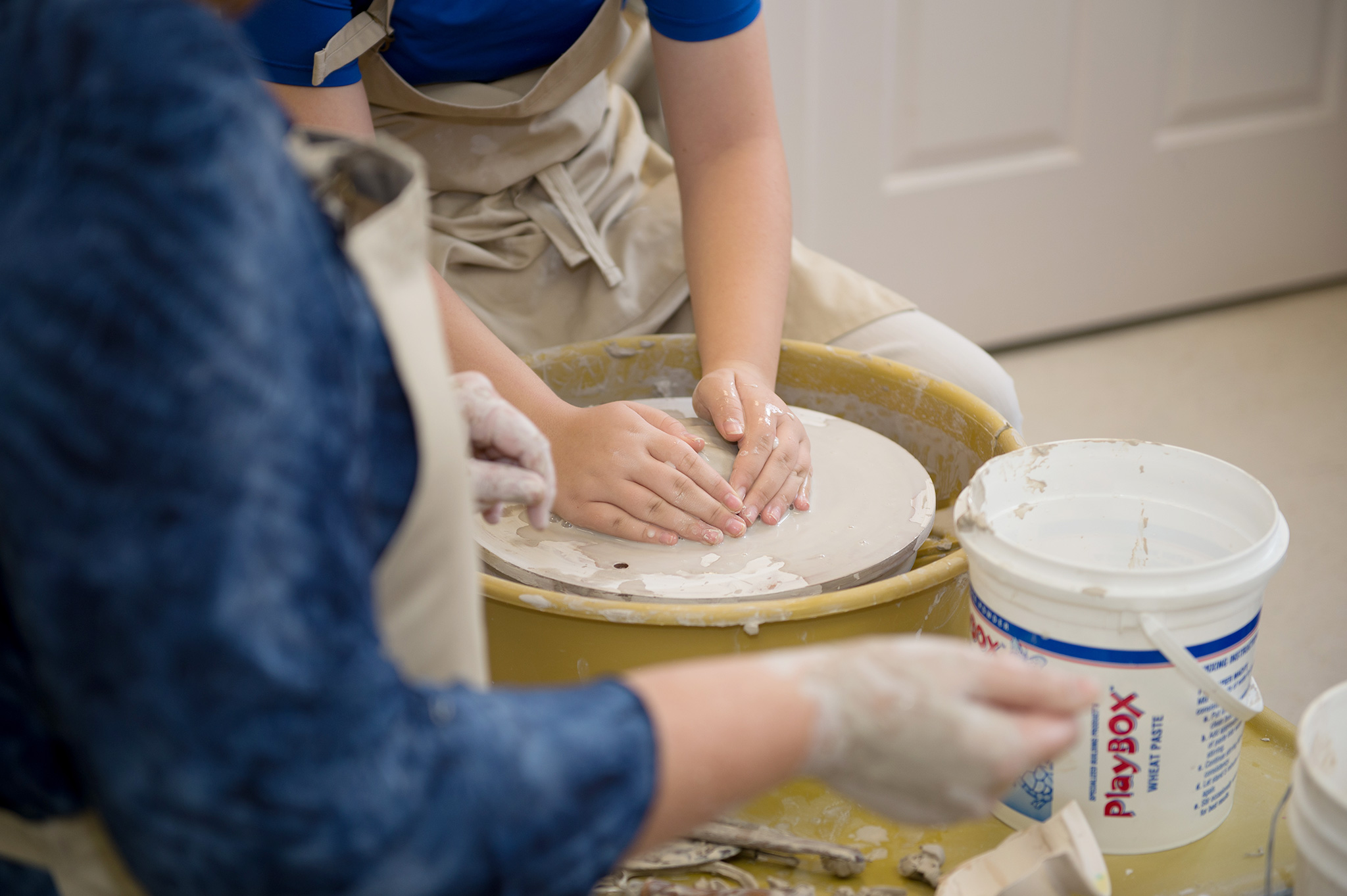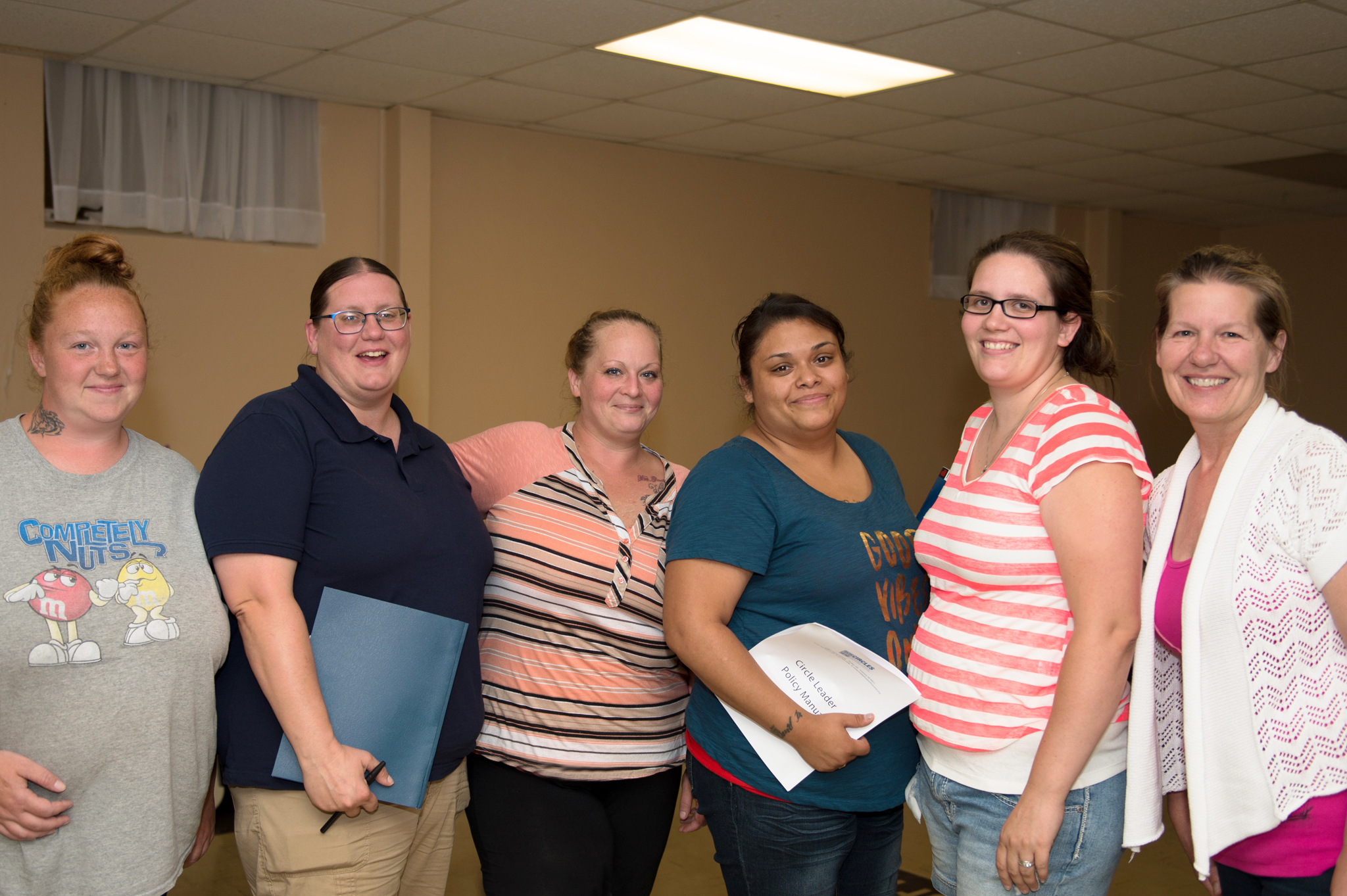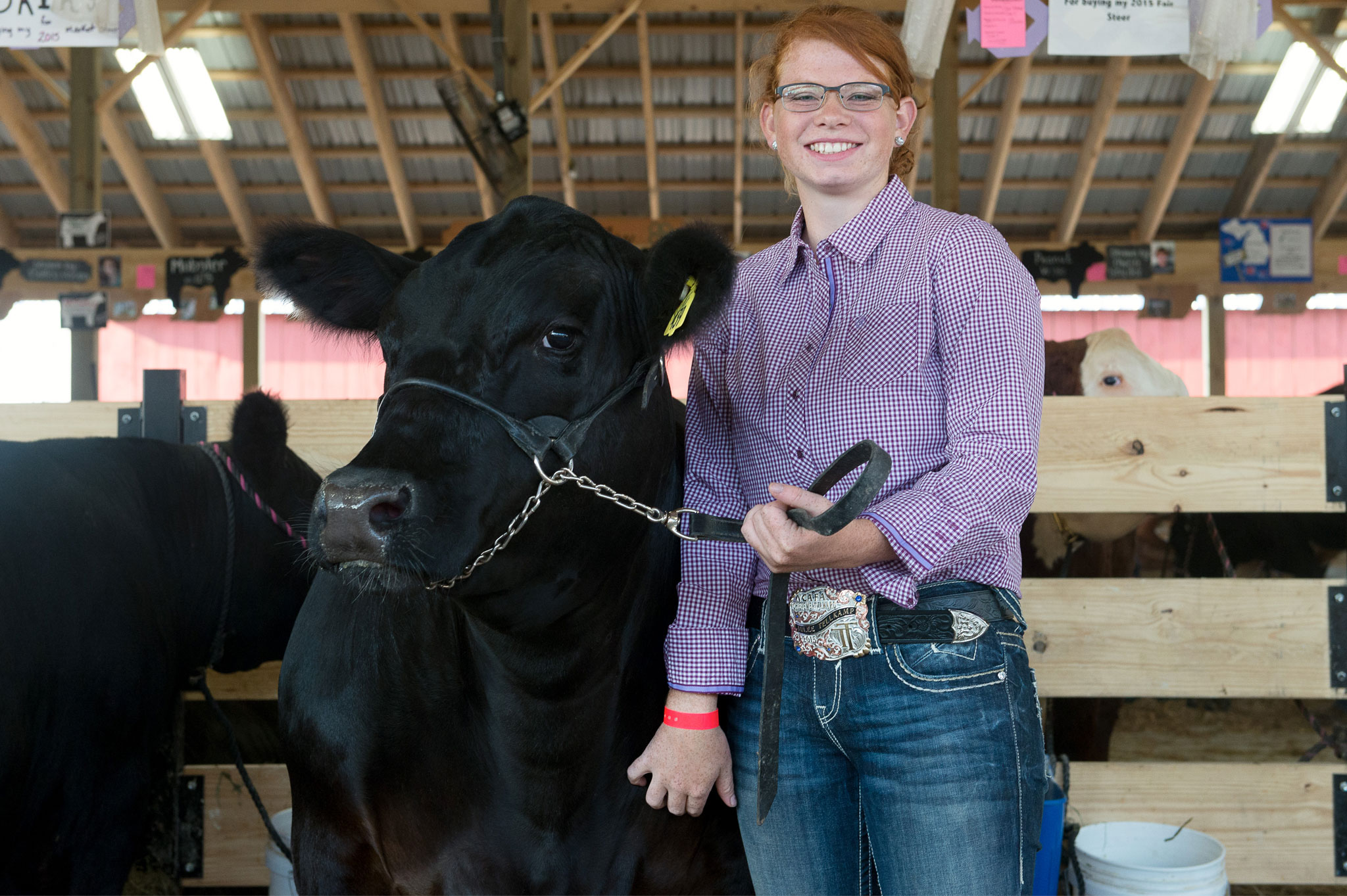In the early 1960s, a phone call from Bessie Slautterback—the Community Foundation’s first executive director— with news of a scholarship helped clear the way for Art Sanders to start dental school. It also inspired a deep desire to give back.
“I made the commitment to myself then that if I ever had the chance to help other people, especially in my home community, I would try,” said Art.
He did exactly that through his career traveling the world as a dentist in the military. Now, he’s continuing the commitment by creating funds at the Community Foundation to support White Cloud, the hometown that gave him a strong start.
Through an estate gift, Art will create or contribute to funds for local students, the library, and efforts to promote diversity and inclusion. He feels that growing up in White Cloud gave him access to a quality education and a respect for differences. His years with the military and living abroad built on this foundation, broadening his appreciation for different cultures and views.
“Looking around the world, we all need to understand each other better,” said Art. “We all have a lot of stereotypes and prejudices that we need to look at and then dispense with.”
For Art, giving through the Community Foundation is a way to combine his gratitude for his hometown with the areas he’s most passionate about, like challenging bias and promoting education.
“I guess I’m some kind of idealist,” he said. “I think it’s very important to give back. That’s the way to improve our whole society.”

